Acceptance to Allo Beirut: A Travel Through the Heart of Asian Country. This book invites you to explore Lebanon’s vibrant capital, Beirut, and its serene villages and inland towns. As you journey through Lebanon, you’ll experience its rich heritage, vibrant culture, and the resilient spirit of its people. Whether you’re lionizing its ancient decay, delicious food, or impressive scenery, this trip prospect to delight and excite. Join us as we turn over into the heart of Lebanon and gestate the stories and experiences that brand this country truly specific.
Historical Tapestry
The history of Allo Beirut spans over 5,000 years, making it one of the world’s oldest continuously inhabited cities. Influenced by civilizations such as the Phoenicians, Romans, Byzantines, Ottomans, and French, each left a lasting impact on the city’s rich cultural heritage. A prominent historical site in Beirut is the Roman Baths, located in the heart of the city. These remnants provide a glimpse into the Roman era when Beirut, known as Berytus, was a significant port and cultural center. The National Museum of Beirut is another essential destination for history enthusiasts. It houses an extensive collection of artifacts from ancient times to the medieval Mamluk period, including Phoenician sarcophagi, Roman statues, and intricate Byzantine jewelry, narrating the diverse and rich past of Lebanon.
Cultural Mosaic
Allo Beirut’s culture is as diverse as its history, with a blend of religious and cultural communities, including Christians, Muslims, Druze, and Armenians. This diversity is evident in the city’s architecture, cuisine, and events. Beirut’s buildings mix traditional and modern styles, with Ottoman-era houses alongside modern glass structures. The Sursock Museum, in a 1912 villa, displays contemporary art by Lebanese and international artists, blending modernity with heritage. Beirut’s cuisine mirrors its cultural variety, featuring a blend of Mediterranean and Middle Eastern flavors. Lebanese staples like hummus, tabbouleh, and kibbeh are common, with Beirut’s dining ranging from street food to upscale restaurants. Celebrations and events are integral to Beirut’s cultural life, with festivals like the Beirut International Film Festival and the Beirut Art Fair attracting artists and visitors worldwide, promoting cultural exchange and dialogue.
Resilient Spirit
One of Beirut’s most remarkable aspects is its resilience. Despite wars, political instability, and economic hardships, Beirut’s people have shown remarkable resilience, rebuilding and thriving against the odds. The Lebanese Civil War (1975-1990) left much of the city in ruins, but post-war reconstruction was miraculous. Downtown Beirut, once devastated, has transformed into a vibrant commercial and cultural hub, now home to luxury boutiques, high-end restaurants, and beautifully restored historic buildings. This resilience is also evident in Beirut’s art and music scene. The city boasts a thriving underground music scene, with many talented artists and bands emerging in recent years. Venues like The Grand Factory and MusicHall provide platforms for local artists to showcase their talent and creativity. This artistic revival testifies to the indomitable spirit of Beirut’s people, who continue to express creativity and vitality despite past adversities.
Conclusion
As we conclude ‘Allo Beirut,’ you’ll be captivated by Lebanon’s rich heritage, diverse society, and stunning landscapes. From the active streets of Beirut to peaceful elevation villages and colorful coastal towns, Lebanon turned a persistent array of experiences. This journey disclosed the resilience and warmness of its people, the grade of its traditions, and the ugliness of its earthy and disciplined wonders. We hope this inquiry has glorious a deeper discernment of Lebanon and encouraged you to continue investigating its many sides. Thank you for connexing us on this journey finished a land of infinite charm and abiding spirit.
Frequently Asked Questions (FAQs)
Q: Who is the founder of Allo Beirut?
A: The colorful roadside restaurant, right next to Hessa Street – another branch at City Walk – is hard to miss. Lebanese founder Fadi Haidar opened this place to bring familiar flavors from his hometown to Dubai, and after one visit here, you’ll know he succeeded.
Q: What religion is Ras Beirut?
A: Ras Beirut (Arabic: رأس بيروت, lit. ‘tip of Beirut’) is an upscale residential neighborhood in Allo Beirut, Lebanon. It has a mixed population of Christians, Muslims, and Druze individuals.
Q: Is Lebanon Islamic or not?
A: However, Statistics Lebanon, an independent firm, estimates that 64.9 percent of the citizen population is Muslim (32 percent Sunni, 31.3 percent Shia, and 1.6 percent Alawites and Ismailis combined).


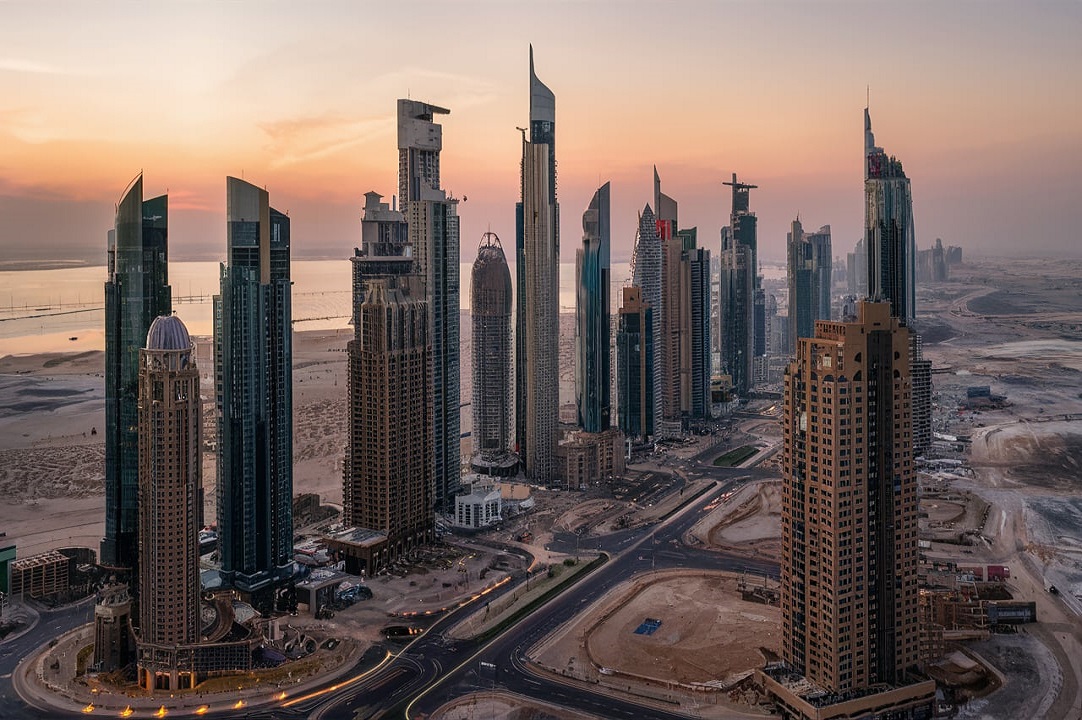
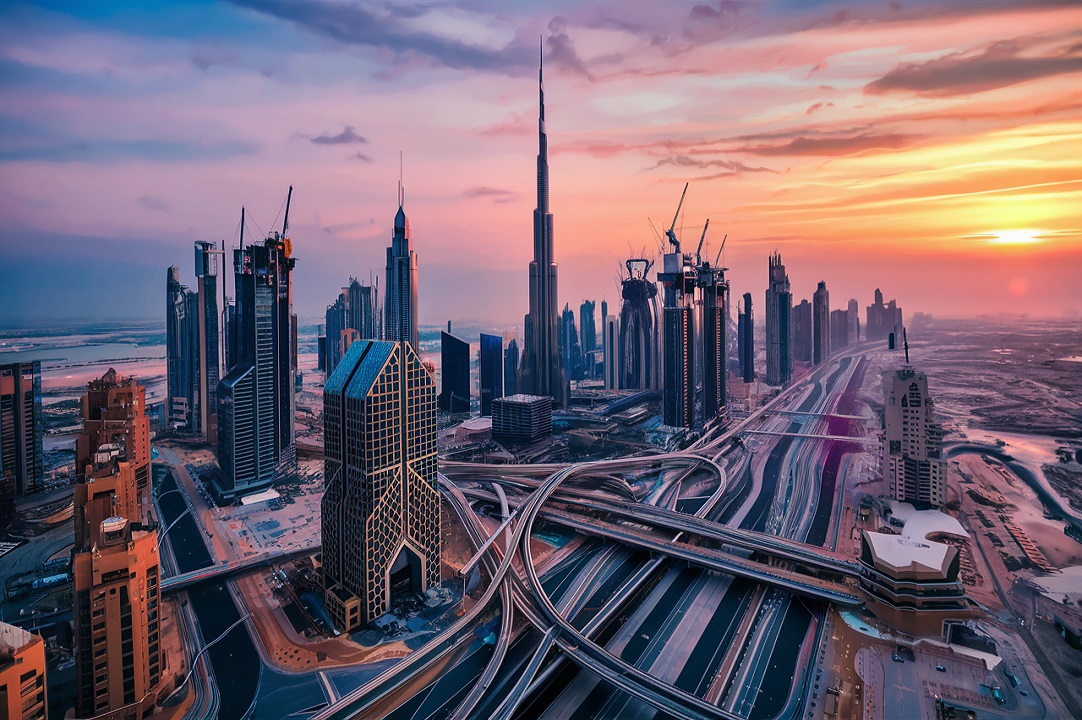
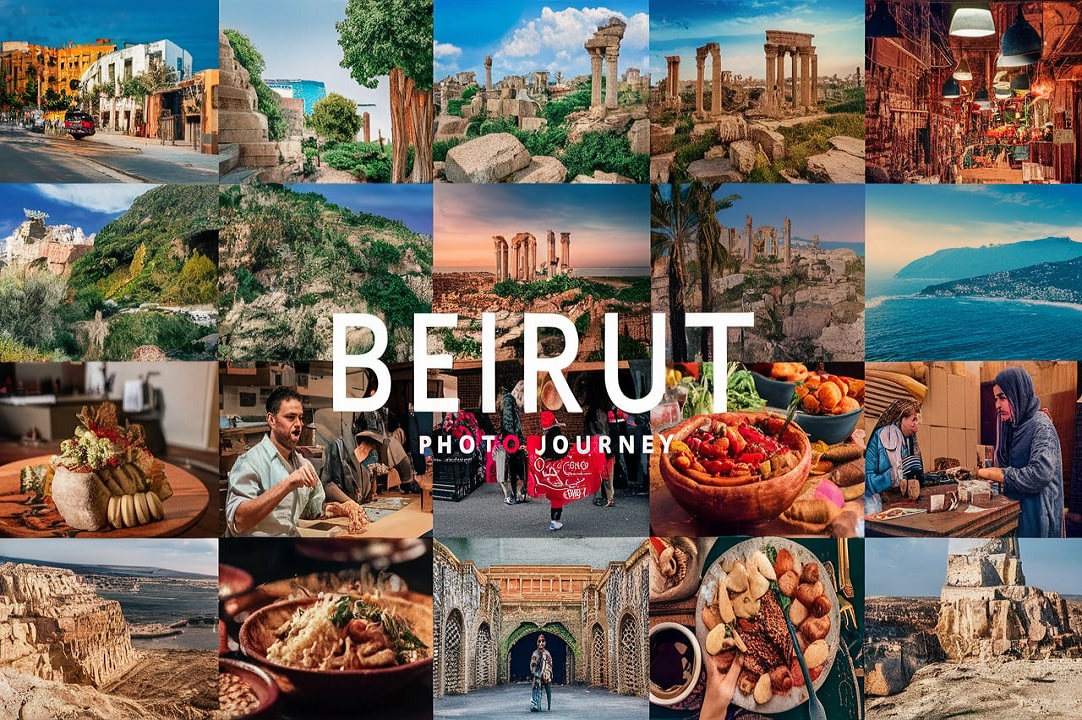
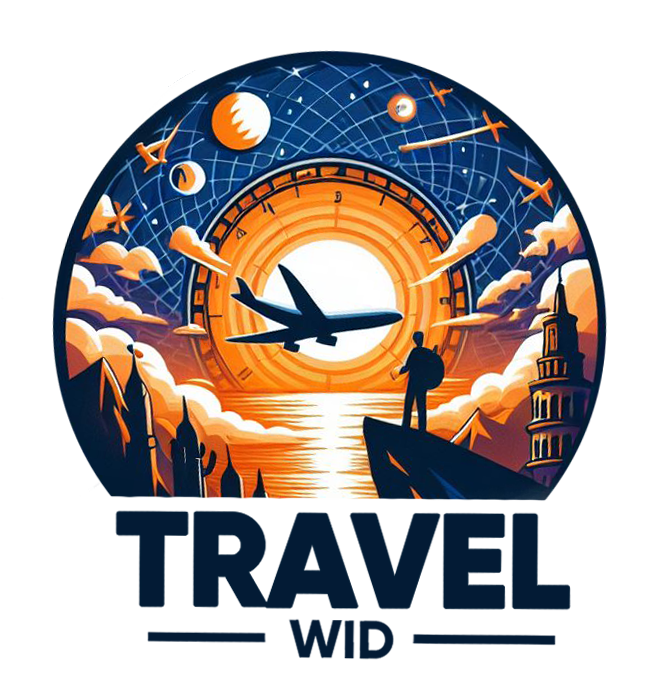
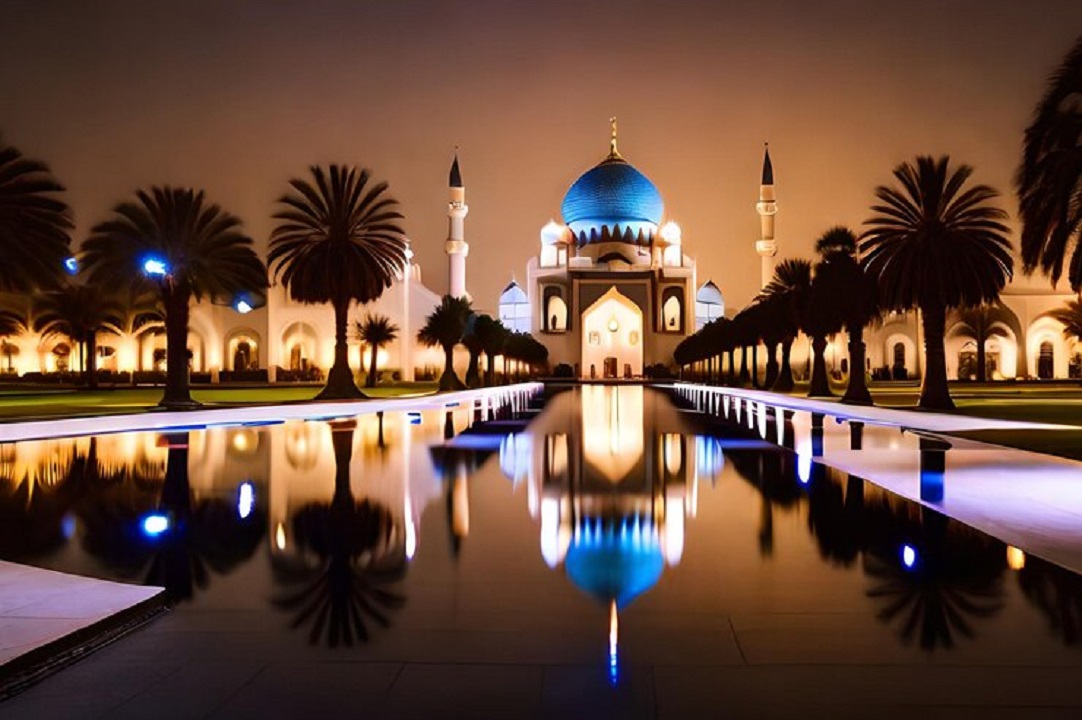
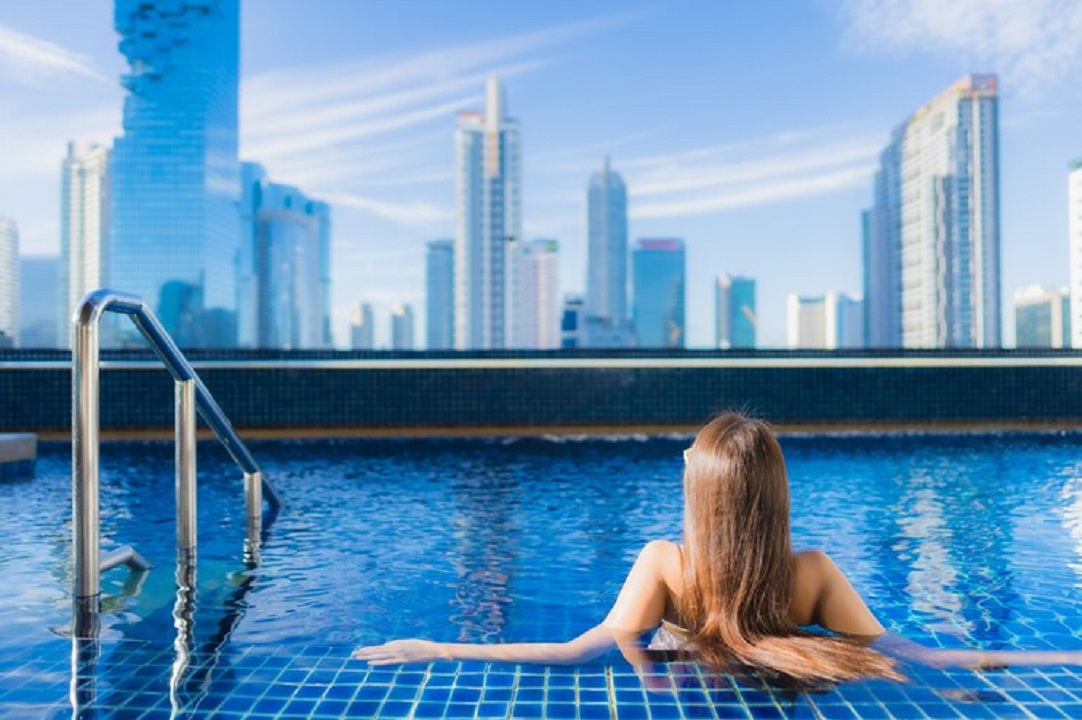
1 Comment
Your comment is awaiting moderation.
ijjrof
What’s up, after reading this awesome piece of writing i am as well glad to sharemy knowledge here with colleagues